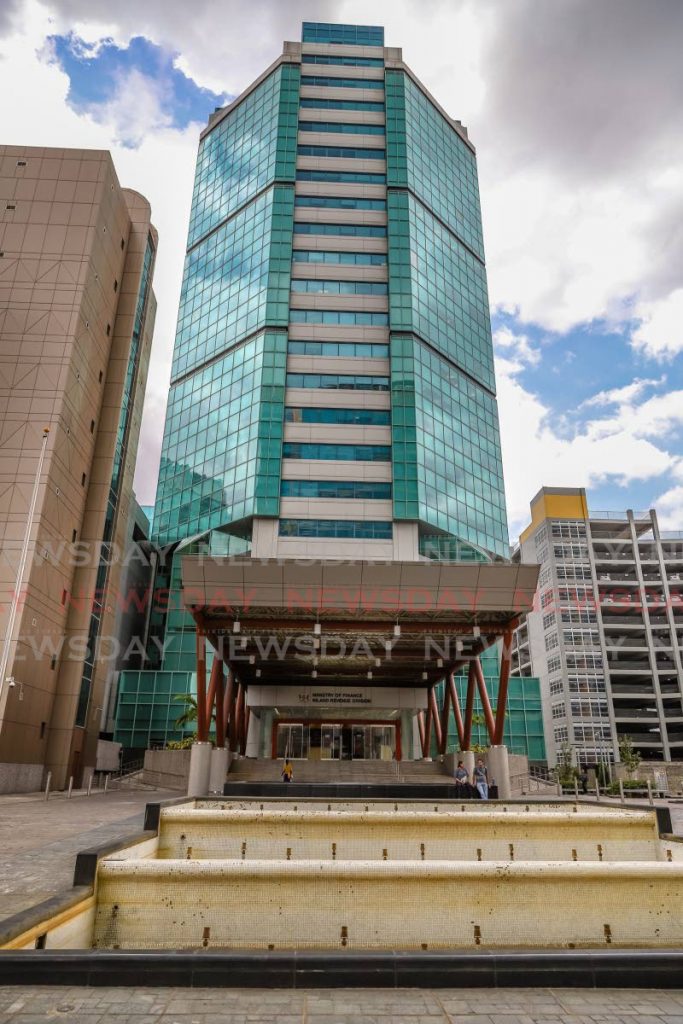Lyder: Instead of new revenue authority, fix BIR, Customs

RATHER than replacing two existing government bodies to make way for the TT Revenue Authority (TTRA), Opposition Senator Damian Lyder asked for them to be fixed.
Contributing to the debate on the TTRA Bill on Friday, Lyder asked: “Instead of dismantling the Board of Inland Revenue (BIR), fix it. Instead of dismantling the BIR, why doesn’t the Government look to fix it by staffing it properly?”
There are issues, he said, that need to be addressed in the BIR and Customs and Excise Division, which will be merged under the TTRA. He questioned how much money was lost because of tax leakages and how that amount was arrived at.
Lyder also questioned what the total collectable taxes are, adding that the current system, if fixed, could address the revenue lost in tax collection.
The TTRA, he felt, was shaping up to be a vehicle to “bully the private sector” instead of working in partnership with them. He said under the TTRA the Finance Minister will have powers over the appointment of board members and hiring contract workers.
Independent Senator,Amrita Deonarine asked how well the merger will work when the two organisations operate with different systems.
She added that it should not be a case of replacing two state-centric institutions with another, otherwise the Senate will be back in a couple years when inefficiencies occur in the TTRA.
“My concern is how effectively the structure will work. How many problems will be eliminated to improve tax administration?”
She said based on a 2002 feasibility report on establishing a TTRA, it will take three years to fill positions. She added that there were issues raised then such as low compensation, workers susceptible to bribery, delays in career advancement, lack of training and disciplinary action being delayed. She too questioned how those issues will be avoided with the TTRA.
“Revenue authorities around the world take at least one to two years after passage of legislation to become operational,” she said, adding that Finance Minister Colm Imbert’s claim that there will be a 1- 1.5 per cent increase in tax revenue by 2023 and 2024 does not seem realistic.
Tourism Minister Randall Mitchell said the TTRA will not be the only statutory authority to be implemented, with Government bringing three other pieces of legislation to make units in existing ministries more efficient.
The Central Statistical Office will, once legislation is passed, become the National Statistical Institute, while the Shipping Bill will create the Maritime Authority. He said under his ministry the National Academy for the Performing Arts (NAPA) and the Southern Academy for the Performing Arts (SAPA) will be managed by an authority rather than a unit within the Ministry of Culture.
The TTRA will differ from the two entities currently in place doing the same job through organisational design and management policies, he told the Senate.
With a proper tax administration, he said, there would be no more deficit budgets, which will quiet the opposition, which was against borrowing to meet financial shortfalls.


Comments
"Lyder: Instead of new revenue authority, fix BIR, Customs"